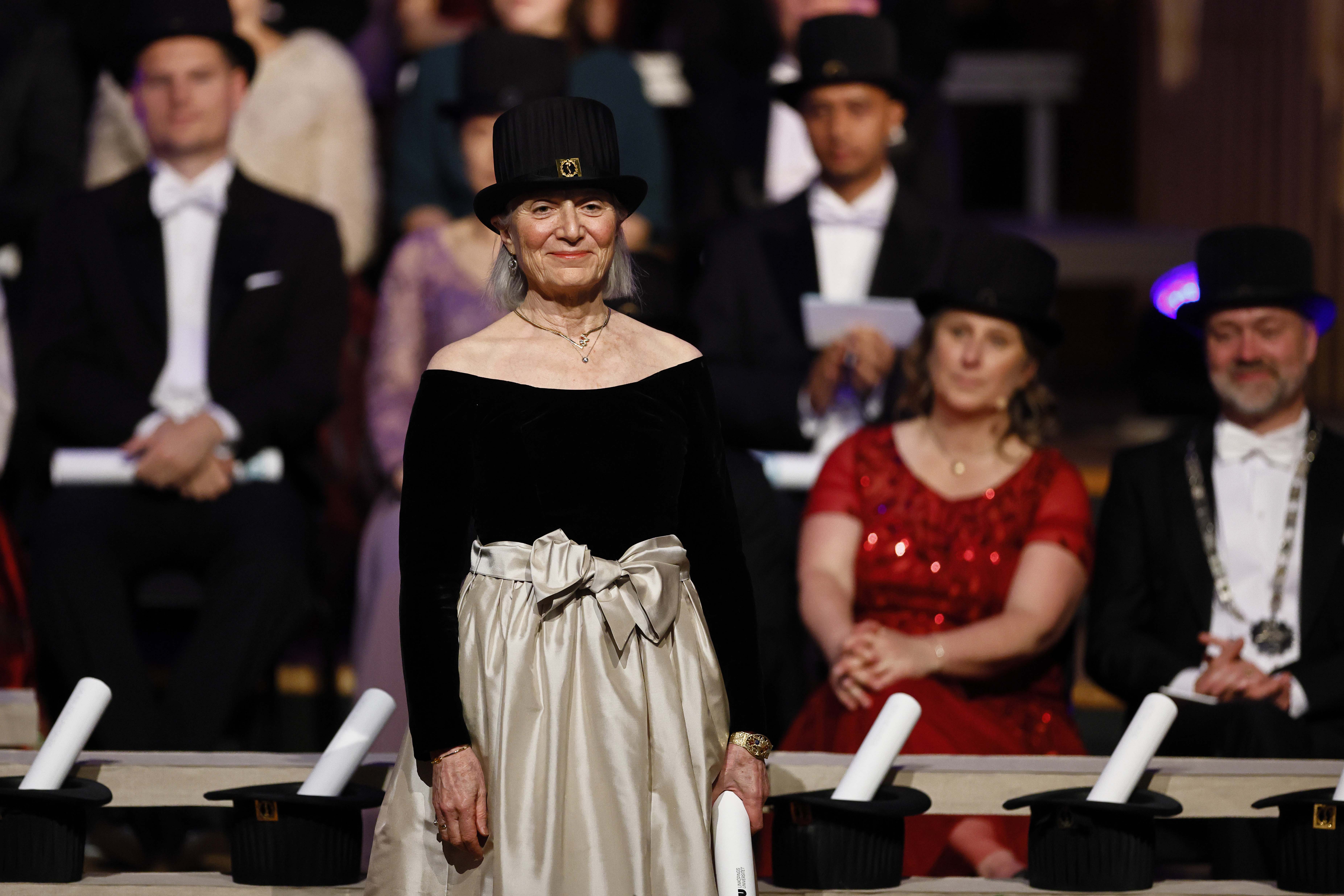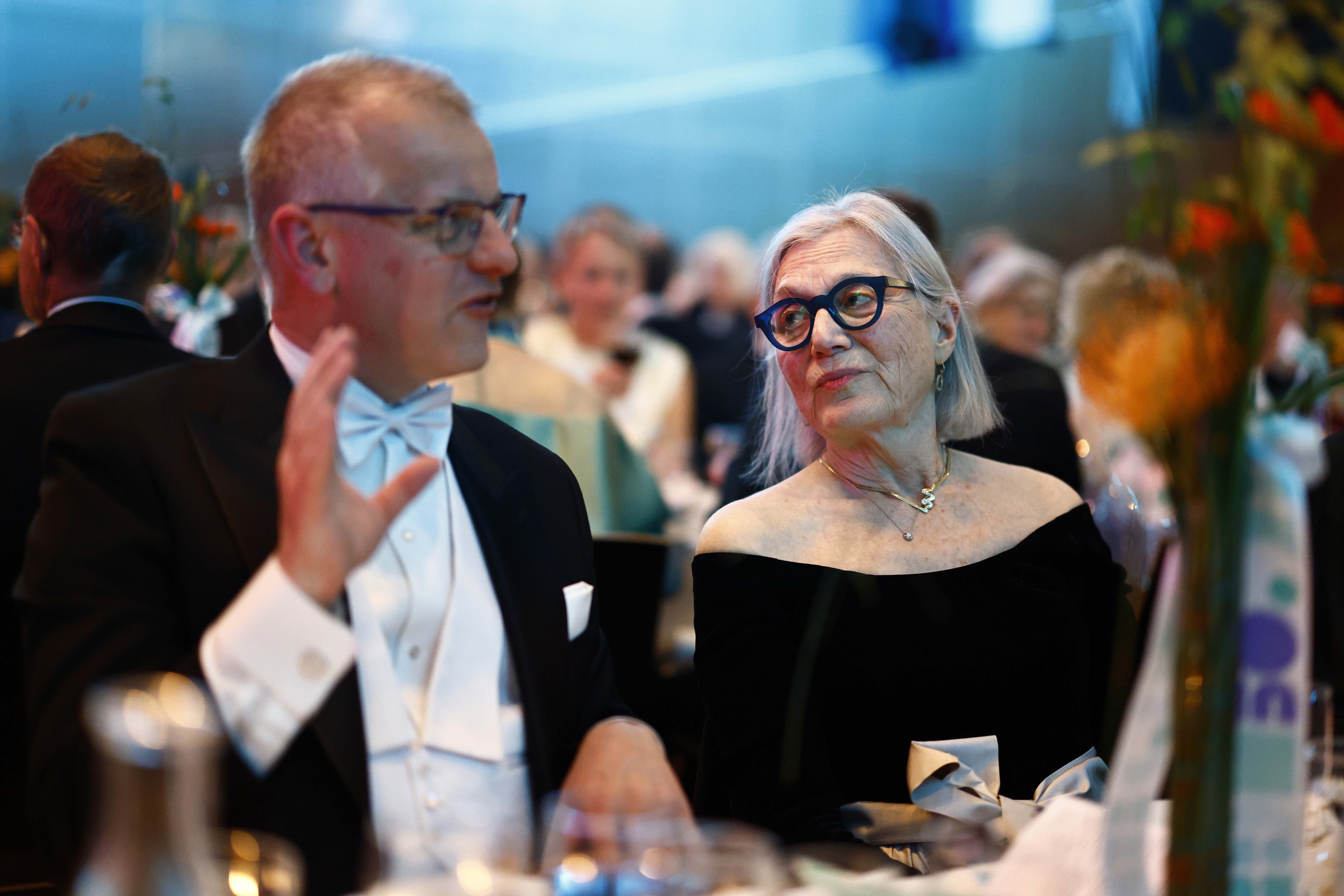Gillian Einstein, a professor in the Faculty of Arts & Science and the Department of Psychology, has been awarded an honorary doctorate from the Faculty of Medicine and Health Sciences at Linköping University (LiU), Sweden.
There, Einstein was a guest professor for nine years—first in the Department of Biomedical and Clinical Sciences in the Faculty of Medicine and Health Sciences and later in the Department of Gender Studies in the Faculty of Arts. She formed a multidisciplinary team of scientists, medical practitioners, and feminist gender studies scholars to study cognition in younger to middle-aged women who have had their ovaries removed to reduce their risk of cancer.

“That my colleagues valued my work enough to put me up for this honour is meaningful to me on so many levels,” Einstein says.
"As a visiting professor she has led trans-scientific research on cognition and other functions in women who have had their ovaries removed to prevent cancer,” said Anders Persson, LiU professor and director of the Center for Medical Image Science and Visualization, during the Academic Ceremony in Norrköping on May 25.
“She is awarded an Honorary Doctorate for her unique contribution to medical gender research from a trans-scientific and holistic perspective focusing on the whole human being."
Einstein was celebrated alongside the CEO of Nvidia, Jensen Huang, the Speaker of the Swedish Parliament, Andreas Norlén, and Durham University professor of medical humanities, Angela Woods.

While in Sweden, Einstein presented a public lecture at the Faculty of Medicine and Health Sciences entitled, “Why do more women than men have Alzheimer’s disease? The role of sex and gender in dementia.” She also participated in a medical humanities symposium with Angela Woods.
Einstein’s work at LiU extends research being done in her lab at the University of Toronto with women who have had a bilateral salpingo-oophorectomy (BSO)—a surgical procedure that involves the removal of both ovaries and fallopian tubes. Her research group analyzes the impacts of BSO on women’s brains and bodies through a range of methods, including neuropsychology, MRI brain scans, blood biomarkers, genetic testing, and interviews.
Einstein has a personal connection to Sweden too. Her postdoctoral advisor Christina Enroth-Cugell, a renowned vison scientist, earned her PhD at the Karolinska Institute in Stockholm.
“It’s very moving to feel a part of this continuing tradition of scientific rigour and insight,” Einstein says.


